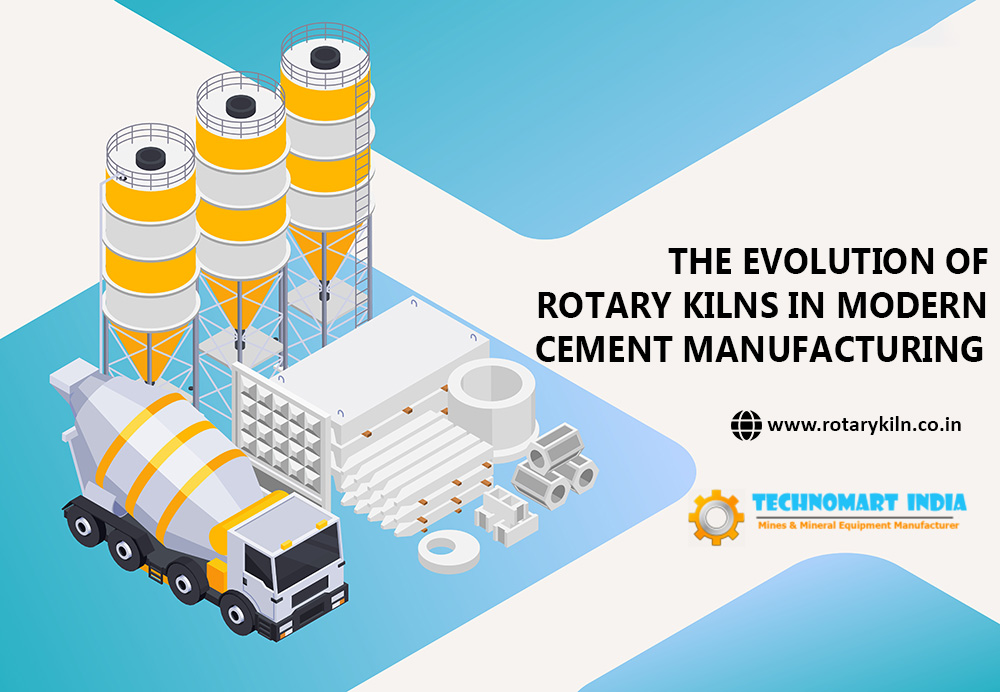In the cement manufacturing process, the most critical component or central role player is the rotary kiln which transform raw materials into the final product.
Over the past 100 years, the cement industry has seen big changes due to better technology and more care for the environment.
The rotary kiln has evolved significantly since its inception. In this blog, we will explore the evolution of rotary kilns, their essential factors and impact on modern cement manufacturing. Before understanding the importance and evolution of rotary kiln let’s know “What is rotary kiln”.


